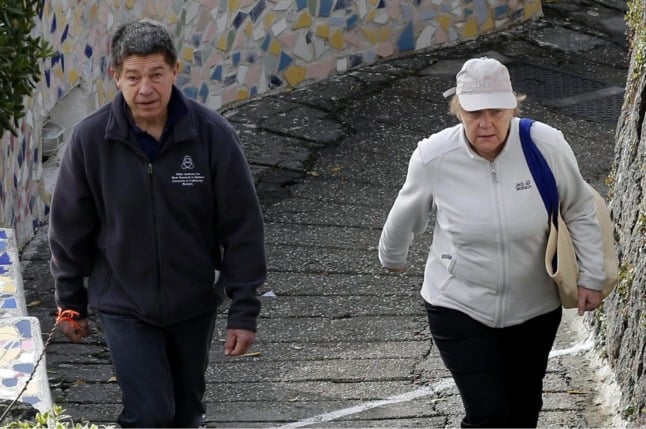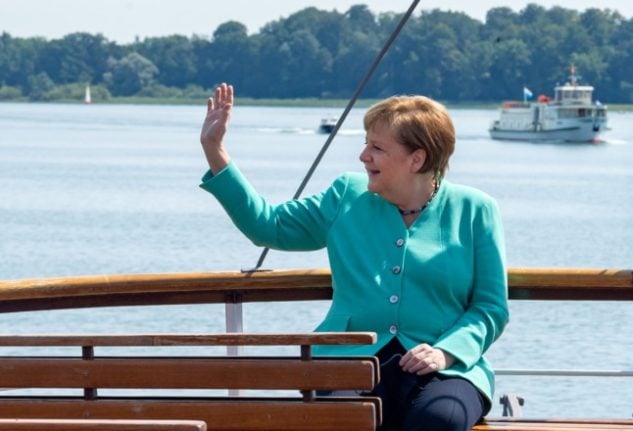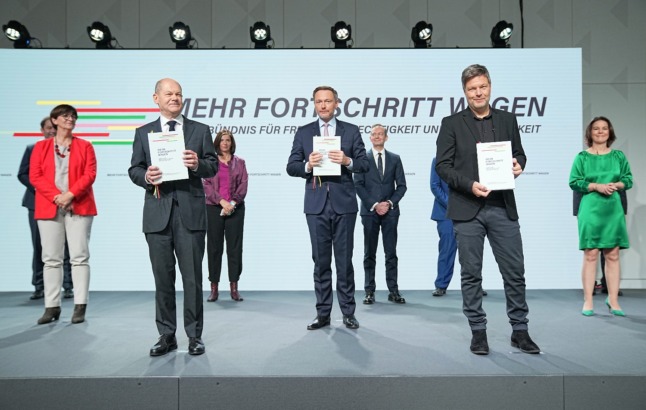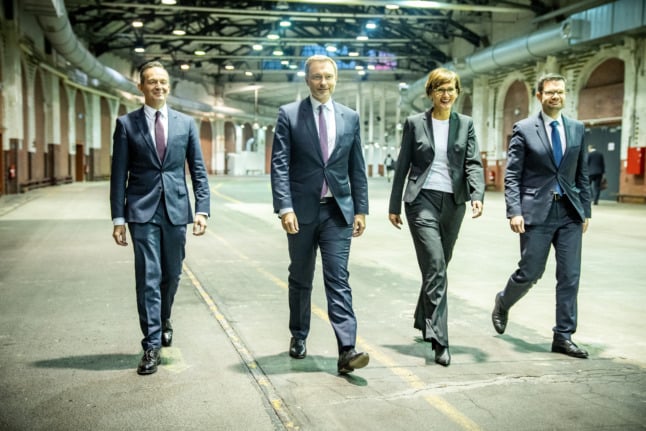In the (rather slow) race to form a new German government, exploratory coalition talks have been taking place between the Social Democrats, the party that won the election, the Greens and the pro-business Free Democrats (FDP).
Discussions are also happening between Angela Merkel’s conservative bloc (CDU/CSU) and the Greens and FDP. But at this point in time we don’t know who will become the next German chancellor and which parties will form the government.
You might have thought that after the election, Merkel – who’s spent 16 years as the German leader – would be able to put her feet up.
But no. Merkel has to stick around as chancellor of the caretaker government. When that’s over – in the coming weeks or months – she’ll probably relax at her holiday home in Brandenburg, the neighbouring state of Berlin, or take a few holidays with her partner, Joachim Sauer.
READ ALSO: When exactly will Merkel leave office?

How much is her pension?
One thing she won’t have to worry about is money. According to a calculation by the German Taxpayers’ Association, Merkel will receive a pension of around €15,000 per month after leaving office.
These pension entitlements result from her many years of membership in the Bundestag as well as her time as a federal minister and chancellor, the association said recently.
Merkel will receive just under half of her current salary. Currently, the chancellor earns just over €35,000 a month.
Like all former chancellors and former federal presidents, Merkel will also be entitled to an office. She will also get an office manager, two assistants, a secretary and a driver.
What will Merkel do after she retires?
So far Merkel has announced no firm plans for her time after office. On a recent visit to the US where she accepted an honorary doctorate from the Johns Hopkins University, Merkel said she plans to rest and consider “what actually interests me”.
Reading books is high on her agenda, as is napping. Merkel added that she will not miss the need to make constant decisions.
READ ALSO: An era ends: How will Germany and the world remember the Merkel years?
But the trained scientist may have long-term plans in sight.
In 2019, the HHL Leipzig Graduate School of Management awarded the chancellor a honorary doctorate (she has 18 honorary titles in total). In her acceptance speech, Merkel spoke about her future plans after the chancellorship.
“In any case, all the universities that have given me an honorary degree will be hearing more from me when I’m no longer chancellor,” she said in the Leipzig Opera House after the graduation ceremony. “I will return and will not be staying a short time like today, but will be staying longer.”
So perhaps we’ll see Merkel get involved with a university in an advisory or part-time teaching role.




 Please whitelist us to continue reading.
Please whitelist us to continue reading.
Member comments